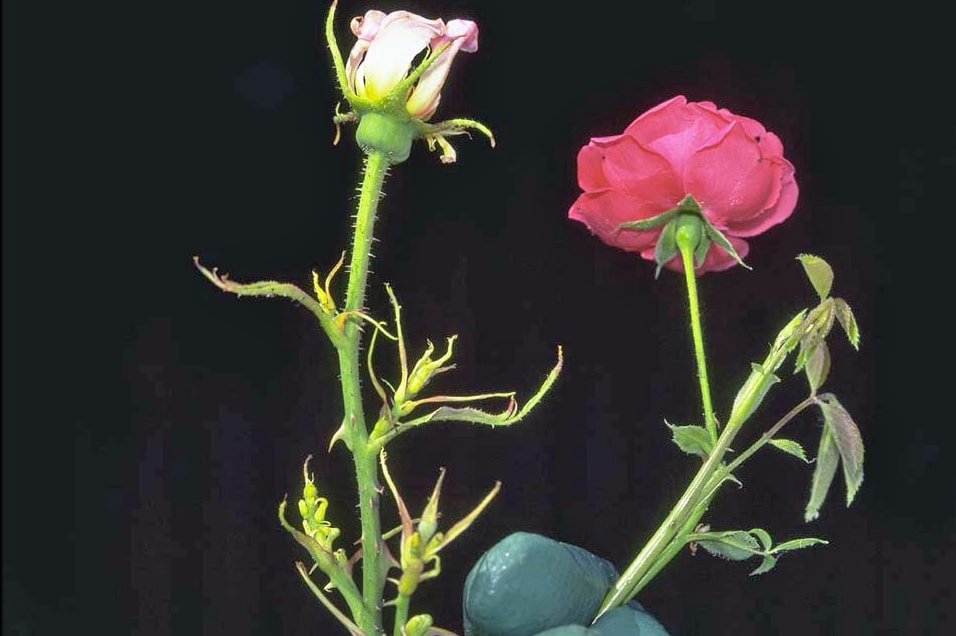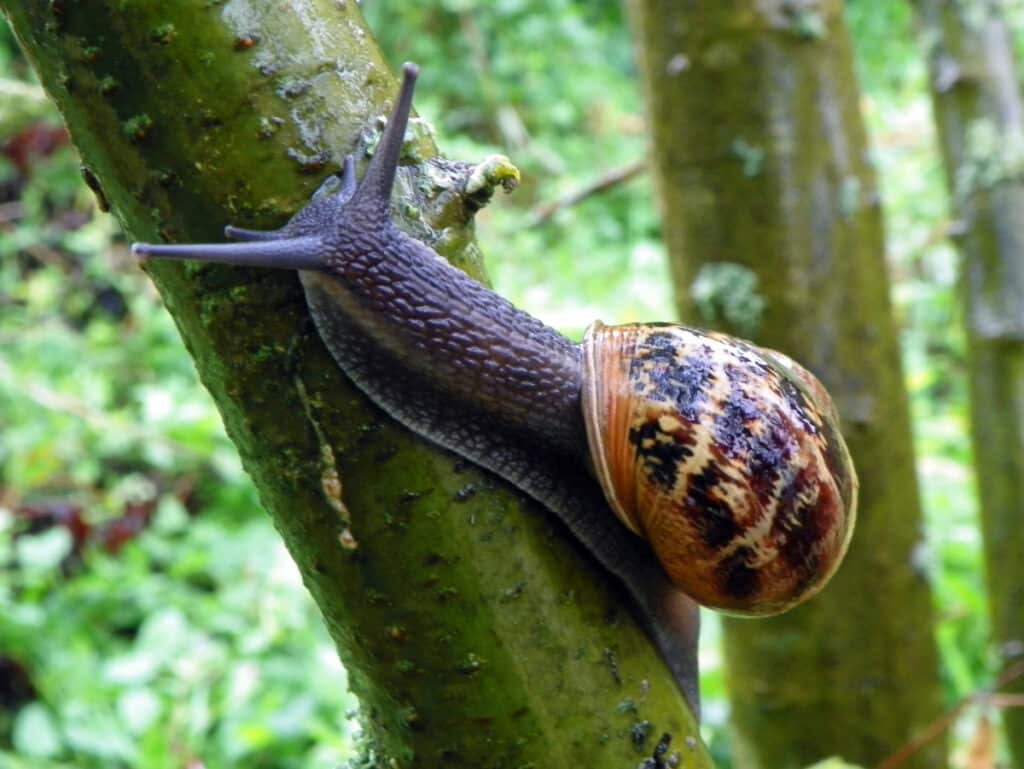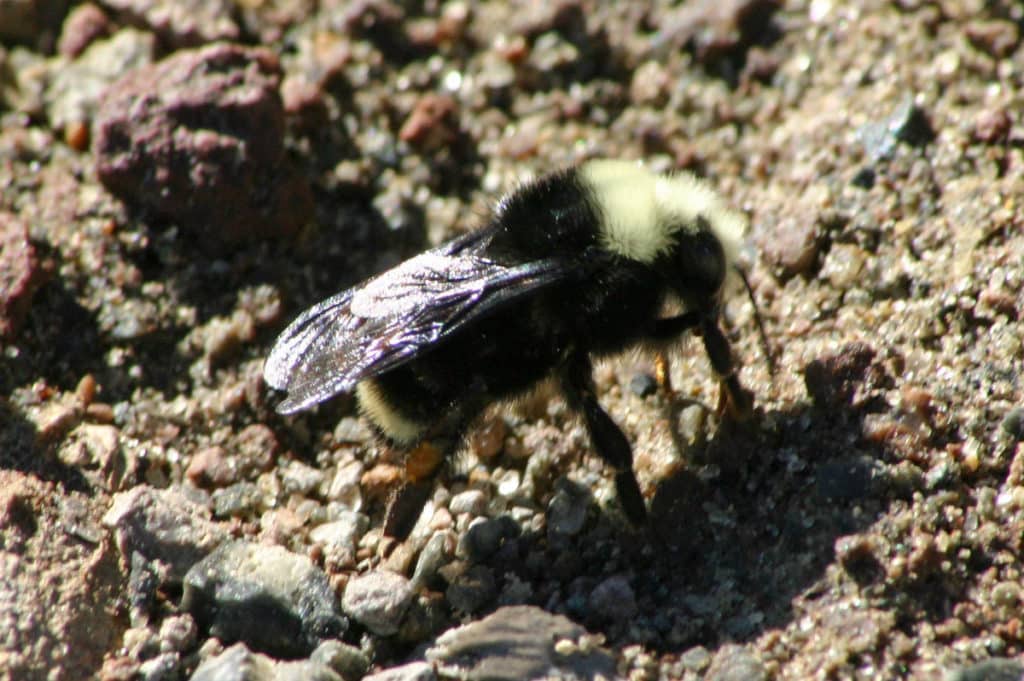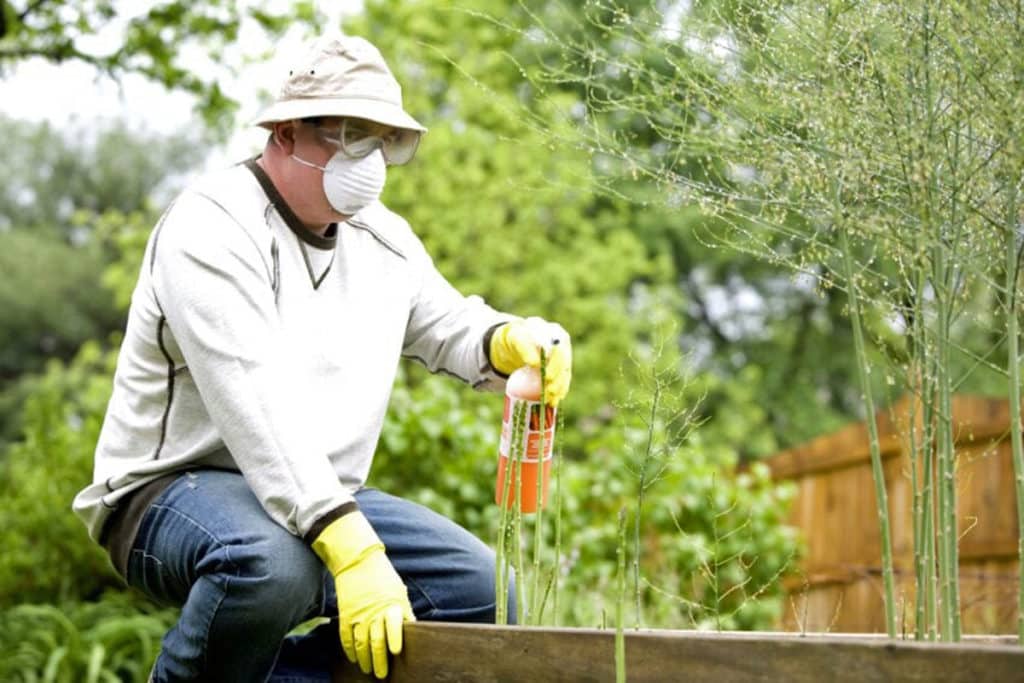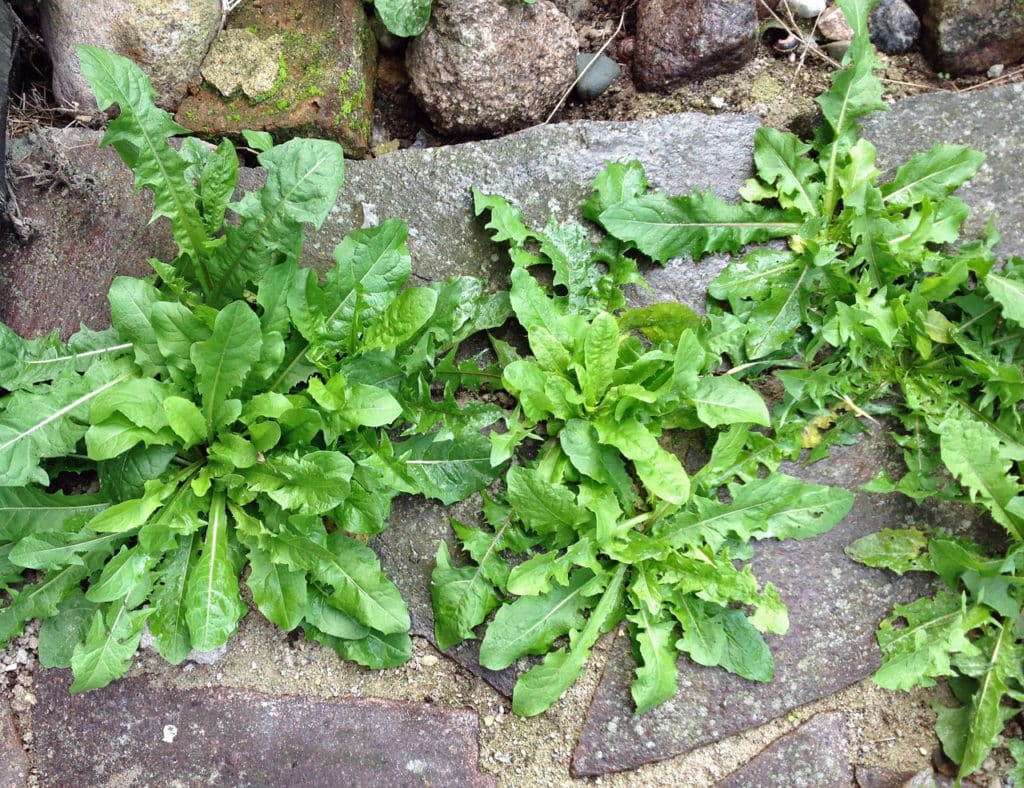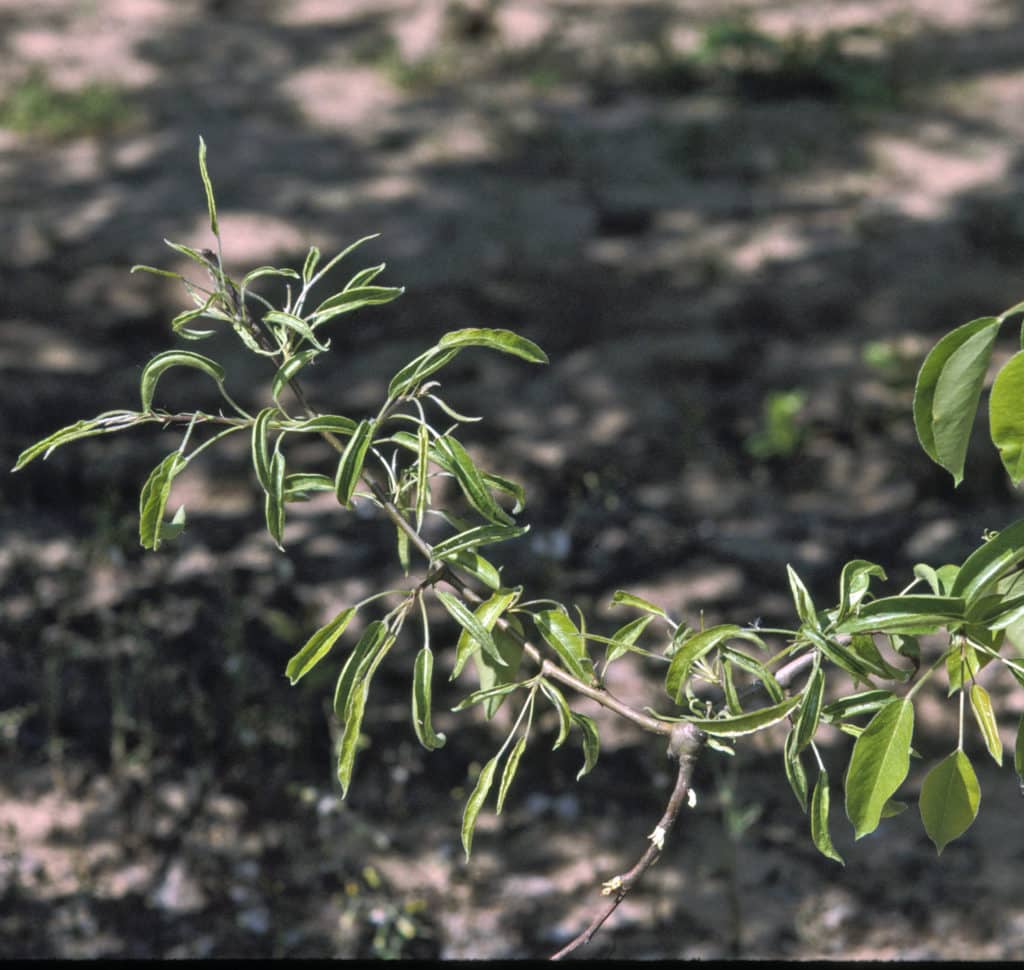Herbicides can kill more than just weeds
A fast and easy way to get rid of weeds is to use one of the popular weed killers – just spray it on and the weeds die within days. But what if that same product contacts desirable plants, like your roses, vegetables, or fruit trees? You certainly don’t want them exposed. Herbicides, aka weed […]
Herbicides can kill more than just weeds Read More »
